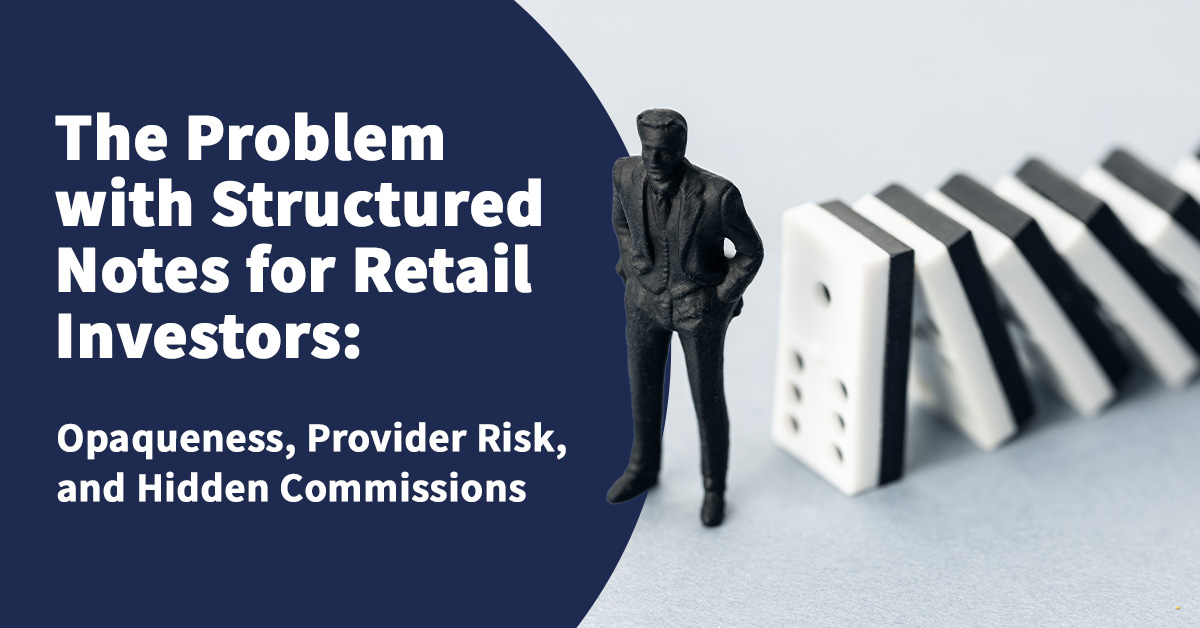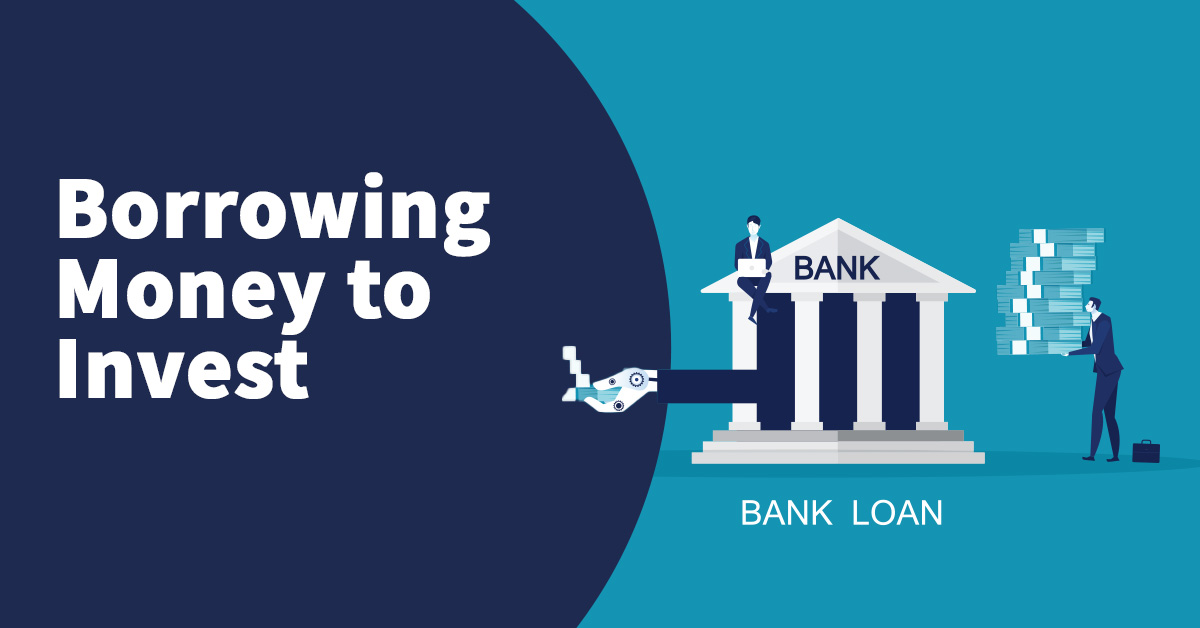I recently wrote a blog – ‘How to pick a financial adviser’.
In the blog I discuss the reality that not everyone needs a financial adviser. And in some cases many will chose to manage their own finances. But for those of you who currently use a financial adviser or are thinking of doing so, you’re probably wondering:
‘Does my financial adviser really add value? And is using a financial adviser really worth it?’
According to Vanguard a financial adviser can add as much as 3% (in some cases more) to your net portfolio over time. (Source: Francis M. Kinniry Jr., Colleen M. Jaconetti, Michael A. DiJoseph, and Yan Zilbering, 2014. Putting a value on your value: Quantifying Vanguard: Advsiers Alpaha
And it isn’t just all of the work that goes on behind the scenes, such as ensuring you have the right asset allocation, rebalancing exersises and advice on investment vehicles. But rather they suggest the biggest value your adviser can give you is Behavioural coaching.
Your financial adviser should be there to coach you, knows your plan, where you need to get to and can help to keep you on the right path.
This is most important during market turbulence, when you may feel the need to abandon your asset allocation. We all know that humans act on impulse. When markets soar we all flock to buy and when markets plummet we want to sell. Which is of course, completely irrational.
In their paper Vanguard considers three hypothetical investors during the period between October 9, 2007, and March 31, 2014,. Each starting the period with a balanced $100,000 portfolio. The investor who moved this balance to cash at the 2009 stock market bottom lost $29,000.The investor who moved to an all-bond position at the stock market bottom lost $10,000. But the investor who stayed committed to the predetermined asset allocation, in the end, gained $41,000.
Research suggests that infact the investor behaviour penalty can be as high as 8% per annum. The phenomenon of selling cheap and buying expensive, resulting in the loss of value is not unique. In fact in most instances investment results are more dependent on investor behaviour than on fund performance.
I have spoken a lot about ‘time in the market’, and not trying to time it. And behavioural coaching from a financial adviser helps you with this. A good financial adviser will understand the ebs and flows of the markets. It is their job to make sure you are on the right trajectory for reaching your goals.
A good adviser will have empathy and understand why you may be concerned about volatility, especially the older you get, the more risk averse you become and if you have a low capacity for loss. So behavioural coaching involves consistent communication and deeper discussion around personal motives, conflicts and internal resistance.
As Daniel Kahnemann, winner of the 2002 Nobel Prize for Economics for his work in Behavioural Finance puts it; financial advisers are responsible for “The anticipation, diagnosis, and the management of client discomfort and regret.”
Behavioural coaching is key to the effective implementation of expert financial advice.
Helping client’s resist the temptation of wanting to invest in a fund at the top or disinvest at the bottom of its performance cycle is paramount. Behavioural coaching plays a significant but sometimes overlooked area of where a financial adviser adds significant value. And as this article suggests, it can actually make you more money!
Find out how we can help you
If you would like to understand more about this topic get in touch
Related posts
- Published On: July 8, 2024|3.2 min read|
The Problem with Structured Notes for Retail Investors: Opaqueness, Provider Risk, and Hidden Commissions
Structured notes are financial instruments that can seem attractive due to their potential for high returns and tailored investment strategies. However, they come with significant risks and drawbacks, especially for retail investors.
Read more












